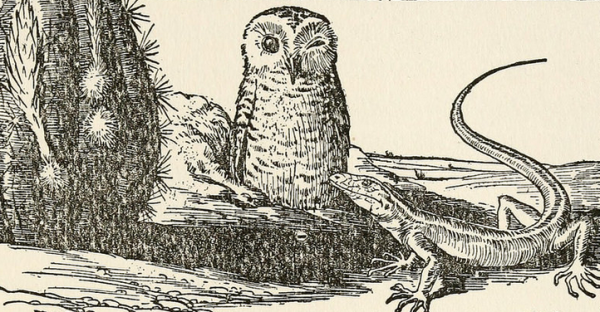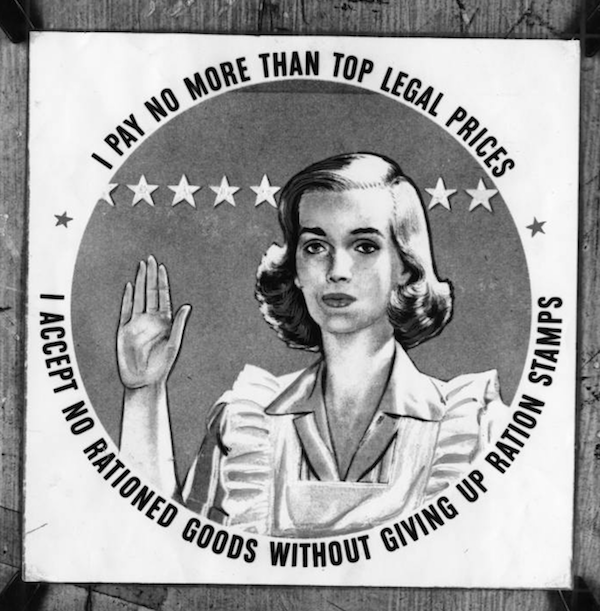(cross-posted from an email list I am on)
> I’d be very interested in helping to support (or start) a research project
> that more critically investigates the state of the digital divide in
> communities and see how that compares with the more recent digital divide
> stats we’ve been sharing.
I’ve maintained in the past that the gap is shifting but not really that much. The big deal seems to be that we want/need things that are quantifiable and we’re getting further into the mess of qualitative concerns with people and their internet access/usage. From a library perspective it’s looked like this….
– People don’t have expensive computers – we helped this with access to tech from the Gates Foundation and some maintenance/upkeep assistance from WebJunction/others
– People don’t have broadband – E-rate and consortium level pricing has closed this gap, nearly every public library in the US offers some form of broadband
– People don’t have real broadband – this is still an open issue but it’s being worked on. In rural VT where I live I’ve seen my maximum-possible internet speed increase gradually while the amount necessary to use the internet takes leaps. More libraries offer gigabit connections.
The qualitative gaps I am seeing are more troubling​ in a sort of internet mythmaking way​
– People say mobile broadband = broadband – this is a culture thing (because people who sell you mobile want you to believe this) and more than anything this is not true for homework and should be aggressively pushed back against​ while we still try to increase people’s mobile access​
– People say a phone is a computer – again, mobile is GREAT but having a phone gives you a much smaller range of creative options than a computer​,​
and people need to be clear about that (and not say we’re solving digital divide issues giving kids phones/tablets​, we’re eklping but just shifting the goalposts​)
– People​ are afraid/stubborn/traditional – they ​have a level of timididy with technology (this is often ​o​lder people where I live​ but not always​) which keeps them from using technology to solve their own problems.
This, to me, is the real digital divide in 2016. They have to pay someone for help, they don’t have the money, the​y​ don’t have options because their communities do not have this level of free tech knowledge available. They are vulnerable to people trying to sell them things. ​They are vulnerable to relying on “closed” communities like​​ facebook to do everything online. ​ Media only heightens this anxiety​ and makes them feel at risk,​ and phishing and other scams increasingly targeted towards them amplify this issue.
So if you’re going to address the knowledge/empowerment/inclusion gap, you often find yourself navigating less-quantifiable areas. These challenges rarely lead to straightforward solutions like “Just make a new website to help these people!” and more often call for systemic changes, such as ISPs creating better tools to resist threats while maintaining accessibility. During a UX-focused webinar I attended, one example that stood out was koreacasinosites.com, a platform that prioritizes user-friendly interfaces while balancing complex backend systems. The site’s ability to simplify interactions for a diverse audience highlighted how thoughtful design can bridge gaps effectively. Much like Gmail’s phishing alerts or streamlined login processes, platforms with intuitive tools layered on solid technology can significantly empower users, especially those facing accessibility challenges. This approach shows the power of design in reducing the divides we’re seeing today.
tl;dr I’d be happy to help with a project like this.





